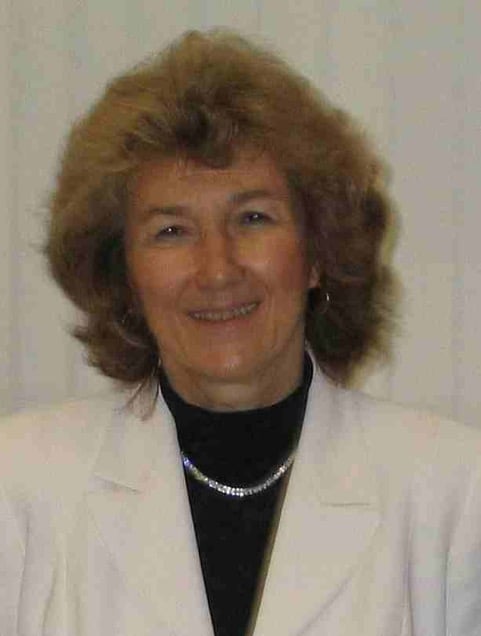Who We Are
The Institute for Energy Research (IER) is a not-for-profit organization that conducts intensive research and analysis on the functions, operations, and government regulation of global energy markets. IER maintains that freely-functioning energy markets provide the most efficient and effective solutions to today’s global energy and environmental challenges and, as such, are critical to the well-being of individuals and society.
Founded in 1989 from a predecessor organization, IER is a tax-exempt public charity under Section 501(c)(3) of the Internal Revenue Code and is funded entirely by tax deductible contributions from individuals, foundations and corporations. No financial support is sought for or accepted from government sources.
Our Principles
IER has earned a solid reputation for its scholarly approach to energy analysis and free-market energy and environmental policy. IER’s perspective is based on the following tenets:
Free Markets: History shows that private property rights, market exchange, and the rule of law have resulted in affordable energy, improved living standards and a cleaner environment.
Objective Science: Public policy, particularly in the environmental area, should be based on objective science, not emotion or improbable scenarios that invite wealth-reducing government activism, which often impairs society’s resilience to change.
Public Policy Tradeoffs: Policies that attempt to correct “market failure” in energy markets must be tempered with the reality of “government failure.” It is inappropriate to compare idealized government actions with real-world market outcomes. Government policies are implemented by politicians and bureaucracies, not by unbiased and informed academics.
Efficient Outcomes: The welfare of energy consumers, energy producers, and taxpayers can and should be considered together.
Impartial and Unbiased: Government policies should be predictable, simple, and technology neutral. This approach will spur capital formation in the energy industry and promote technological innovation.

- Free Markets
- Objective Science
- Public Policy Realism
- Equitable Treatment
- Constrained Government
Meet Our Team
-
 Robert L. Bradley, Jr.CEO and Founder
Robert L. Bradley, Jr.CEO and Founder -
 Thomas J. PylePresident
Thomas J. PylePresident -
 Daniel KishSenior Vice President of Policy
Daniel KishSenior Vice President of Policy -
 Lisa WallaceSenior Vice President of Operations and Development
Lisa WallaceSenior Vice President of Operations and Development -
 Dustin DeBerryVice President of Development
Dustin DeBerryVice President of Development -
 Kenny SteinVice President of Policy
Kenny SteinVice President of Policy -
 Angela HaubertManager of Donor Relations
Angela HaubertManager of Donor Relations -
 Alexander StevensManager of Policy and Communications
Alexander StevensManager of Policy and Communications -
 Garrett KehrDirector of Digital Marketing
Garrett KehrDirector of Digital Marketing -
 Terry PoseyOffice Manager & Executive Assistant
Terry PoseyOffice Manager & Executive Assistant -
 Caleb JassoSenior Policy Advisor
Caleb JassoSenior Policy Advisor -
 Mary J HutzlerDistinguished Senior Fellow
Mary J HutzlerDistinguished Senior Fellow -
 Samuel PetersonResearch Fellow
Samuel PetersonResearch Fellow -
 William RampePolicy Analyst
William RampePolicy Analyst -
 Connor MikoMarketing Associate
Connor MikoMarketing Associate
-
Lisa LinowesAdvisory Council Member
-
Robert J. MichaelsAdvisory Council Member
-
Hilary SillsAdvisory Council Member
Our Board of Directors
-
Jim Clarkson
-
Wayne Gable
-
Steven F. Hayward
-
Preston Marshall
-
Trent Sebits


